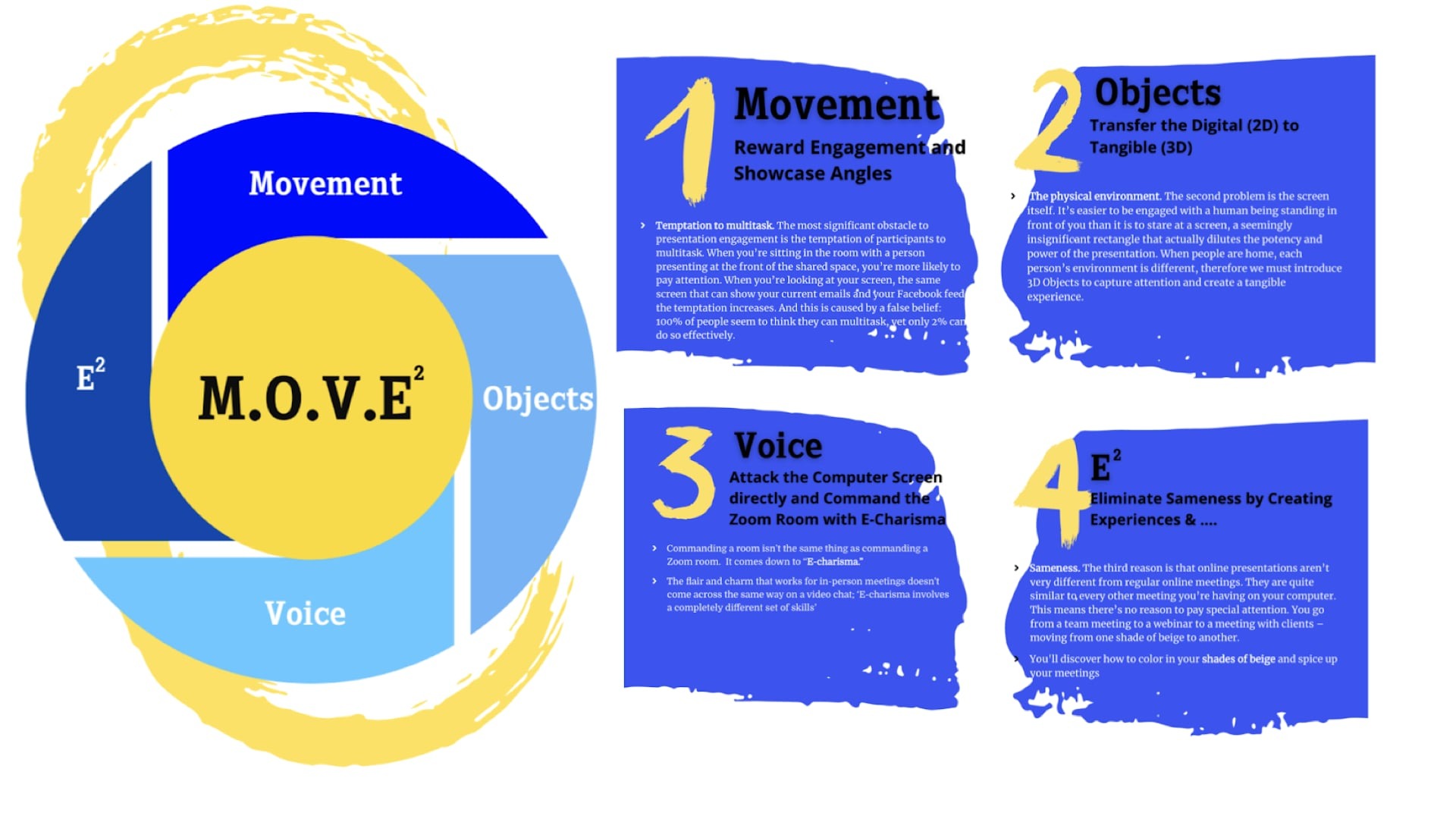
Imagine swapping a secure Wall Street career for a life bursting with creativity, digital innovation, and transformational connections—sounds intriguing, right? Meet Monique Johnson Dilworth, the vibrant entrepreneur behind Live Video Lab, who boldly turned away from finance to revolutionize the way businesses connect virtually. Ever wondered how a single event could ignite a thriving consultancy, or how overcoming perfectionism and camera shyness could unleash your true potential? Prepare to be inspired and captivated as Monique openly shares her journey, powerful insights, and actionable tips. As she profoundly states, “Perfectionism and ego are your true enemies,” setting the stage for a conversation you won’t forget.
The Journey: From Finance to Virtual Innovation
Monique began her career with a finance degree, envisioning success on Wall Street. Yet, she quickly realized the corporate world didn’t ignite her passion. Driven by a desire for creative freedom, she discovered social media and video production in their early days. "Back in 2012, convincing people about the power of video was like pulling teeth," Monique admits with a laugh. Despite initial hurdles, her persistence and experimentation with video storytelling gradually set the foundation for what would become a groundbreaking consultancy, guiding countless entrepreneurs and businesses in leveraging digital platforms to engage audiences effectively.
Key Turning Point: Pandemic Pivot
March 2020 dramatically reshaped Monique’s life. While speaking at a conference in California, the pandemic shutdown forced her to abruptly return home, where she faced cancellations of all future speaking engagements. Seeing widespread confusion about virtual tools, Monique spotted an untapped opportunity: "People didn't know how to use Zoom effectively, yet it was second nature to me." She quickly pivoted, offering specialized consultancy in virtual engagement, thus transforming her passion into a thriving business. This decisive moment highlights the power of adaptability and recognizing hidden opportunities during crises.
Overcoming Barriers: Technical Fears and Psychological Hurdles
Monique understands firsthand the anxieties entrepreneurs face around technology and camera presence. She emphasizes that the biggest hurdles are psychological—specifically, perfectionism and ego. "People worry too much about looking perfect or relying heavily on slides. It's about making it about the audience, not yourself," she insists. By coaching clients to embrace authenticity, prioritize audience engagement, and adopt practical steps like improving audio and lighting, Monique helps individuals confidently break through barriers, transforming their virtual presentations from nerve-wracking tasks into empowering experiences.
Innovative Practices: The M.O.V.E. 2 Formula
Monique’s unique M.O.V.E 2 Framework helps clients turn ordinary virtual interactions into captivating experiences. She passionately explains:
Movement: Use breakout rooms to foster active participation, resetting attention and sparking deeper engagement.
Objects: Introduce physical objects—think old-school flip charts and tangible items—to create curiosity and a memorable, interactive experience.
Voice: Provide opportunities for audience members to speak and share, building genuine connections and meaningful interactions.
Experience & Engagement: Prioritize creating moments that genuinely resonate, transforming passive viewers into active participants deeply invested in your message.

Credit: Image provided by Monique Johnson Dilworth
Real-Life Impact: Case Study Insights
A prime example of Monique’s transformative impact is her work with the Paul Mitchell school - Alpharetta, Georgia & Sacramento, California campuses during COVID. Facing declining retention rates and student engagement issues, the school invited Monique to overhaul their virtual teaching approach. By integrating the M.O.V.E 2 framework, requiring active camera use, and using hybrid teaching methods, "we boosted student retention rates by nearly 40%." Beyond numbers, students felt valued and more engaged, expressing genuine appreciation for a revitalized learning environment. This case illustrates Monique’s holistic approach—combining emotional, experiential, and practical improvements for profound business outcomes.
Leveraging AI: Enhancing Efficiency and Creativity
AI technology is central to Monique’s toolkit for increasing productivity and creativity. She enthusiastically recommends:
Fathom. video: Simplifying Zoom meetings with automatic transcription, summaries, and organized follow-ups.
Happy Scribe: Effortlessly transcribing and captioning videos to maximize accessibility and engagement.
ChatGPT & Claude: Supercharging efficiency and deepening insights with advanced AI assistance.
Napkin.ai & Gamma.ai: Quickly create impressive visuals and professional presentations, enhancing the overall quality of virtual interactions.
Actionable Advice: Practical Steps for Entrepreneurs
Monique generously offers practical advice anyone can immediately implement:
Invest in quality audio equipment and proper lighting to instantly enhance your virtual presence.
Consistently practice maintaining eye contact with the camera to build authentic, engaging interactions.
Gradually integrate the M.O.V.E 2 formula into your presentations, noticing immediate improvements in audience retention and feedback.
Conclusion: Inspiring Transformation
Monique leaves us with a potent message of encouragement: "Overcome perfectionism and ego by embracing incremental improvement." Her story powerfully illustrates that transformative success begins with small, intentional steps. She inspires us to push past our internal barriers, adopt authenticity, and consistently take actionable measures to enhance our virtual presence and overall business effectiveness. Feeling inspired? Connect further with Monique to learn more, elevate your virtual interactions, and ignite your entrepreneurial journey.
Connect with Monique Johnson:
LinkedIn: https://www.linkedin.com/in/moniqueojohnson/
Instagram: @MoniqueOJohnson
YouTube: @MoniqueOJohnson
 Add Row
Add Row  Add
Add 




 Add Row
Add Row  Add
Add 

Write A Comment